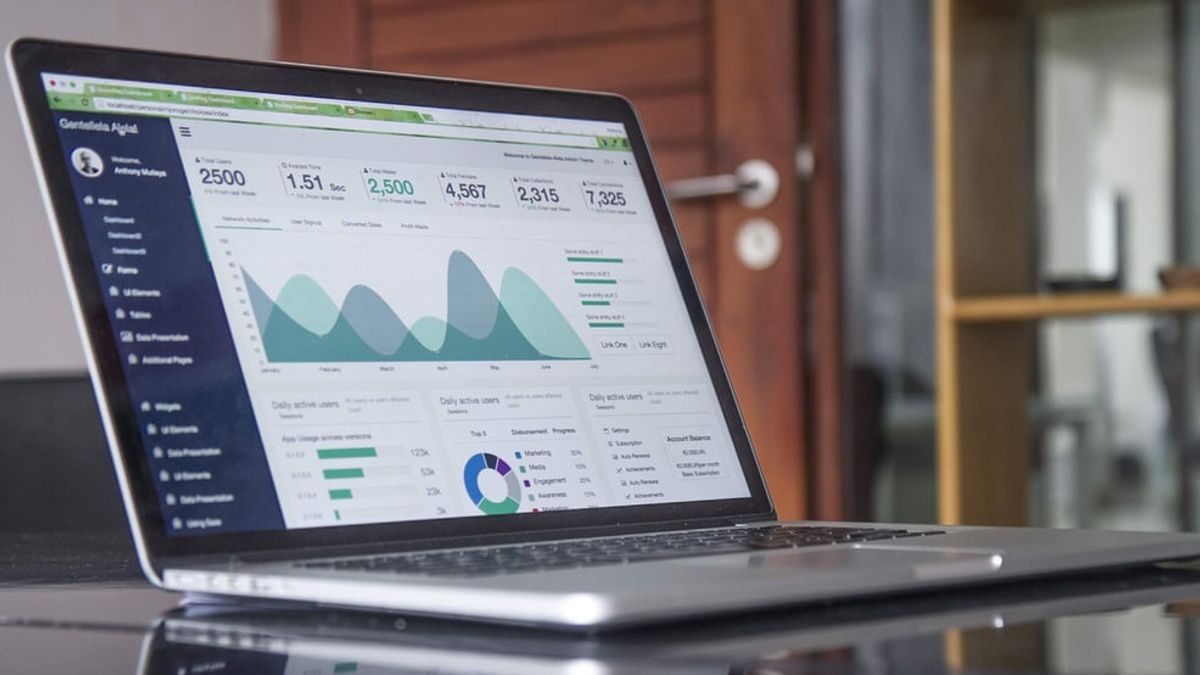JAKARTA - Computers can be used for everything from checking email, work, school needs, and more. But as computers age, it becomes more and more difficult to install new programs and operating system updates.
Upgrading an old computer can give you more speed and storage space, but will it all do?
Computer users don't want to put new components into an old system if it won't result in a system that looks like new. That's why it might be time to upgrade to a new engine. Here are some reasons why you should buy a new computer instead of upgrading an old computer.
1. OS/Security Update
With Windows 11 set to be released later this year, you may be wondering if your old PC is compatible. There are some minimum requirements that your machine must meet.
Windows 10 is a much better operating system than the previous Windows 8, Windows 7 and older options. Windows 11 will definitely be even better. By upgrading to a new computer, you definitely have access to the latest Windows OS and all the security enhancements and cool new features.
If your old PC can't run Windows 11, it's best to go ahead and find your next computer. You don't want to be left like a Windows 7 user who no longer has support from Microsoft.
2. Incompatible Programs
Having an old computer and not being able to upgrade to the latest OS can give rise to a whole new set of problems, such as programs that are no longer compatible.
Programs you are currently using, such as Microsoft Office, may no longer work. For example, a 2012 Macbook Pro will not run the latest version of Microsoft Office if the OS cannot be upgraded. Many newer programs have minimum requirements that your old machine may not be able to meet.
This happens a lot with a lot of games you might like. For those who enjoy new game releases, you may not be able to play them on your current machine. Games these days are all downloaded from the internet and require minimum RAM space, certain graphics and more overall space on your computer.
The minimum recommended hard drive size is 500GB if you store a lot of documents, a lot of games, or like to download music and movies. If you fall into this category, it might be time to get a new computer with more storage space.
3. Hardware replacement costs (RAM, Hard disk, etc.)
When it comes to replacing components like RAM, hard drives (whether you want traditional or solid-state), graphics cards, motherboards, etc., each part can be very expensive. For example, upgrading your RAM from 8GB to 16GB in order to give you more space and faster speed can cost anywhere from millions.
If you want to add up the cost of each piece of hardware you want to upgrade, you're better off buying a whole new computer. Another added cost, once you've purchased the hardware, is finding someone to install it if you're not tech savvy.
Instead of spending a fortune to replace hardware, buying a new PC or Mac can be the way to go. You will be better off in the long run and will have a new machine that will last you for years to come.
4. Weird Sounds
Usually, the computer will not make a lot of noise. You may hear the gentle whirring of the fan or the gentle twists and turns of the hard drive working. But keep your ears open for unusual sounds, including grinding, tapping, or clicking. These can all be signs of inevitable hard drive failure.
First, make sure to back up all the data you want to save from the hard drive. Then you can decide whether to replace the drive with a new one or cut your losses and use an entirely new machine.
You can expect the average life of your machine to last between 3 to 5 years. In most cases, if you hear strange noises coming from your computer, then you are better off buying a new one. Especially if it's been more than 5 years, go ahead and treat yourself to a new PC or Mac and then you'll be surfing in peace for years to come.
The English, Chinese, Japanese, Arabic, and French versions are automatically generated by the AI. So there may still be inaccuracies in translating, please always see Indonesian as our main language. (system supported by DigitalSiber.id)













